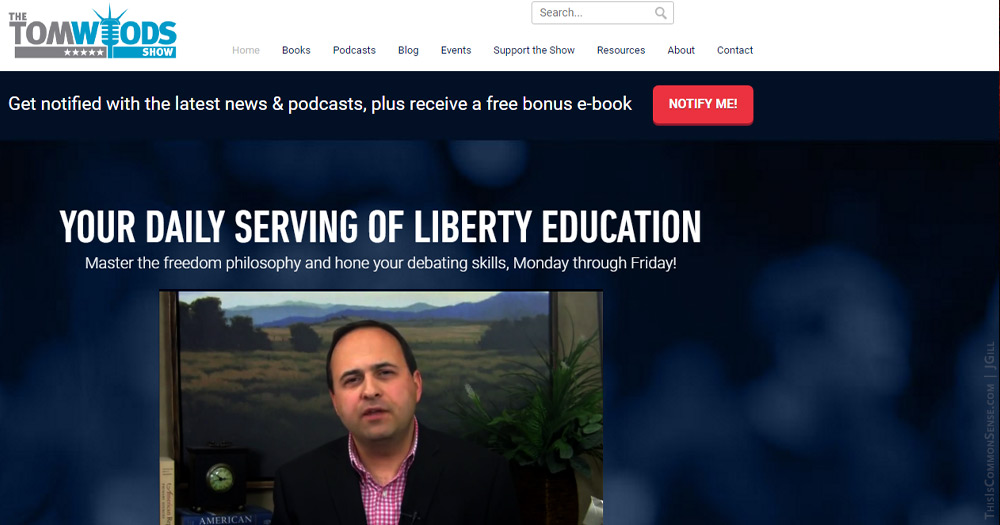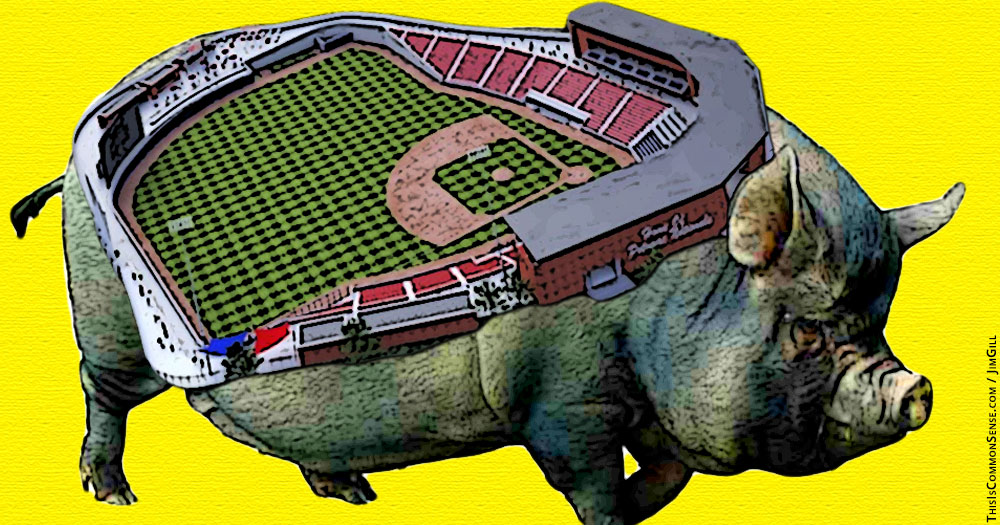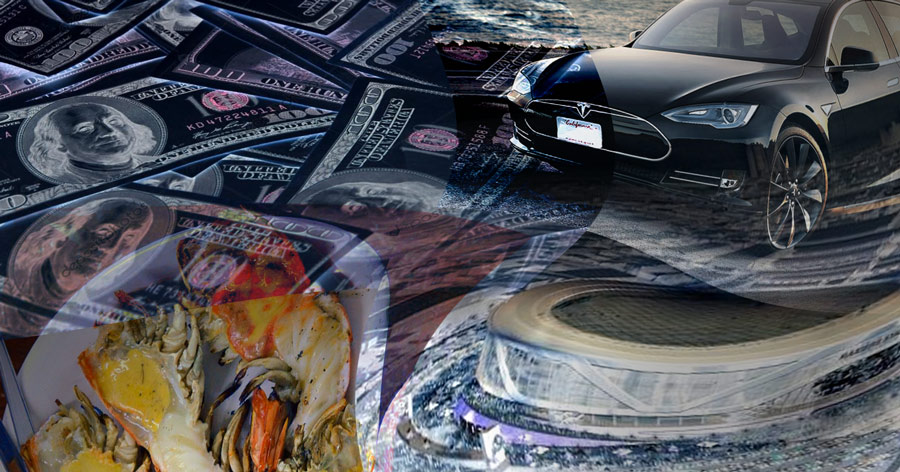Does Bernie Sanders remind you of “Citizen Kang”?
Vermont’s [S]ocialist Senator is whipping up a new plan for America: to “guarantee a job with at least a $15-per-hour wage and health benefits to every adult American ‘who wants or needs one,’” we are told.
What was it that the slavering alien Kang promised* in The Simpsons’ eighth season opening episode? Well, we know how that episode ended, with Homer Simpson revealing the ’90s’-era presidential candidates to be aliens in disguise, Kang being elected, humanity enslaved, and Homer uttering the immortal words “Don’t blame me, I voted for Kodos.”
And then Kodos, in cahoots with Kang, cracking the whip on Homer.
One shouldn’t have to read George Fitzhugh, the antebellum sociologist who attacked the very idea of free markets and free labor, insisting that slavery is a good thing and the very best form of socialism, to know that socialism and slavery go together hand in glove, whip in hand.
In an age of handouts for nothing, at least Sanders’ socialist proposal suggests productivity. But paying for it by nixing corporate “tax breaks”** is absurd. “Republicans have long opposed a federal jobs guarantee,” Fox News tells us, “saying such a plan would be too expensive and impractical.” And it’s productive people who would pay for it, making them de facto slaves to the system … even more than they are now.
But when socialists talk about “jobs,” worry about a more direct form of slavery.
And yes, I can imagine Bernie, with his four houses, flicking the whip.
I won’t be voting for him, if he runs.
Or for Kodos.
This is Common Sense. I’m Paul Jacob.
* Actually, Kang was known not for a promise but for his campaign speech (as Bill Clinton), saying, “[W]e must move forward, not backward; upward, not forward; and always twirling, twirling, twirling towards freedom!”
** The only funding source mentioned in the reports I read.










